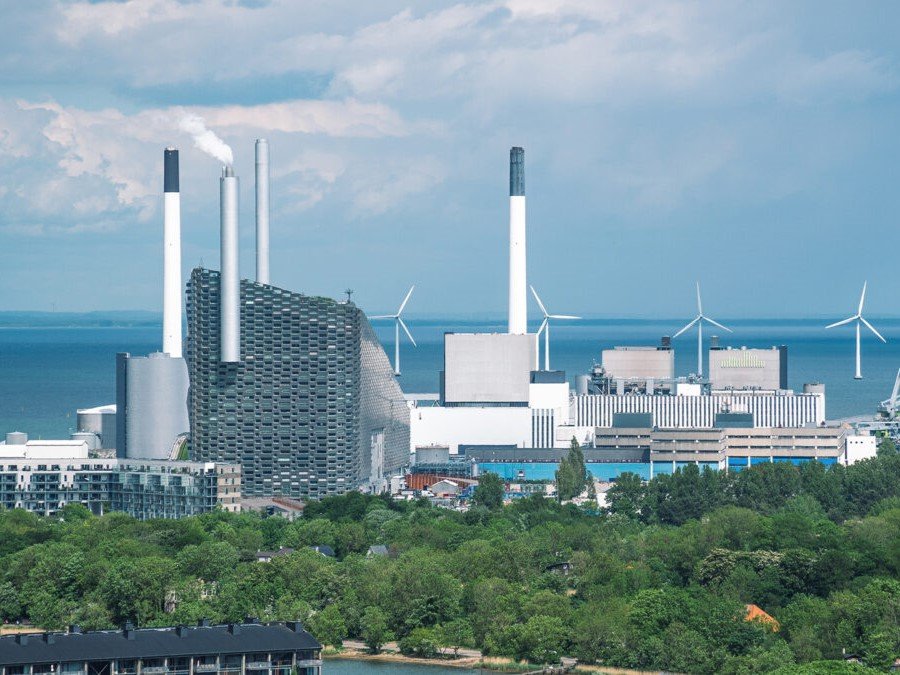Haider Makiya, the National Investment Commission’s (NIC) chairman, disclosed over the weekend that the commission has been inundated with waste-to-energy initiative projects.

Haider Makiya, the National Investment Commission’s (NIC) chairman, disclosed over the weekend that the commission has been inundated with waste-to-energy initiative projects. These projects aim to employ various techniques for waste conversion, as reported by the Iraqi News Agency (INA).
Makiya emphasized that waste-to-energy endeavors hold the potential to liberate Iraq from the environmental impact of gas emissions and carbon resulting from waste incineration. He further highlighted the importance of implementing scientific protocols in waste management.
The NIC Chairman disclosed that experts from diverse ministries have conducted thorough assessments of waste treatment projects, yielding crucial insights into the requisite standards.
Ahmed Musa, spokesperson for the Iraqi Ministry of Electricity, affirmed last year that the ministry is actively considering waste recycling ventures in collaboration with the Baghdad Municipality and other regional authorities.
In a statement last July, the Iraqi Electricity Ministry underscored its commitment to exploring avenues for diversifying energy sources, aligning with the strategic vision of the Iraqi government. One of the key focal points of this effort is to harness waste recycling as a means to generate electricity.
These initiatives represent a significant step towards a more sustainable and environmentally conscious approach to energy production in Iraq. By tapping into the potential of waste-to-energy projects, the nation not only addresses the issue of waste management but also contributes to reducing its carbon footprint.
Experts anticipate that the implementation of waste-to-energy technologies will not only lead to a cleaner and more sustainable environment but also create opportunities for economic growth and job creation. This dual benefit aligns with broader efforts to enhance Iraq’s overall environmental and economic resilience.
As Iraq continues to explore and invest in waste-to-energy solutions, it joins a global movement towards greener and more sustainable energy practices. These initiatives not only position Iraq as a responsible steward of its environment but also signal its commitment to meeting international environmental standards and contributing to global efforts to combat climate change.
In conclusion, the pursuit of waste-to-energy projects in Iraq marks a pivotal step towards a more sustainable and eco-friendly energy landscape. With the potential to reduce harmful emissions and create economic opportunities, these initiatives hold great promise for the nation’s future.
As Iraq moves forward with these endeavors, it sets a positive example for other nations seeking innovative solutions to environmental challenges.